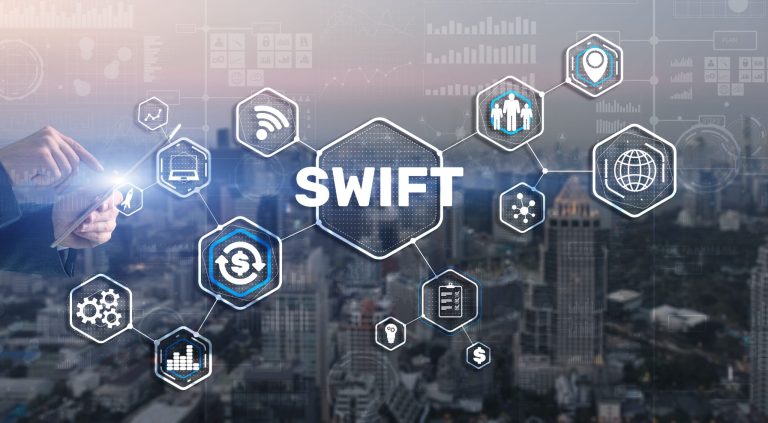
Shadow AI: The Untracked Risk in Your Digital Ecosystem

Changes in the SWIFT CSCF 2025: What You Need to Know

The oil and gas industry is no stranger to major cybersecurity attacks, attempting to disrupt operations and services. Oil and gas companies represent a big target for nation states and hacktivists aiming to disrupt business operations. Working with key players in the oil and gas industry to ensure they have the right IT and OT security controls and help them identify potential weaknesses.
Contact our Oil & Gas Cyber Security Experts
Like critical industries everywhere, oil and gas operations – upstream, midstream, and downstream – make prime targets for cyber threats of all kinds. Ongoing digitization in the industry and a transition away from centralized systems to distributed management strategies have made managing cyber risks essential for oil and gas. Effective cybersecurity investments will be increasingly necessary for oil and gas companies to avoid future attacks.
%68
68% of U.S. oil and gas companies had experienced at least one loss of confidential information or disruption to operations in their OT environment in 2021.
$34.59 billion
$34.59 billion
The Oil and Gas Security market is expected to reach USD 34.59 billion by 2026.
$3.3 million
$3.3 million
Oil and gas companies have experienced disruptions with their supply due to cyberattacks. The financial damage amounts to approximately $3.3 million.
In the context of the oil and gas industry, sabotage can be done by changing the behavior of software, deleting or wiping specific content to disrupt company activity or deleting or wiping as much content as possible on every accessible machine.
In most cases, an insider is a disgruntled employee seeking revenge or wanting to make easy money by selling valuable data to competitors. This person can sabotage operations. They can alter data to create problems, delete or destroy data from corporate servers or shared project folders, steal intellectual property, and leak sensitive documents to third parties.
Phishing attacks remain one of the biggest threats in the oil and gas industry and have been a favorite tool for cyber attackers to gain initial access within an organisation. Attackers will use disguised emails or domains to trick individuals into downloading malware or giving away sensitive information. Staff are often the weakest link within an organisation, phishing exploits this, and can be difficult to prevent using solely technical controls. Organisations should use regular training and testing to reduce the likelihood of a successful phishing campaign.
Data theft and espionage can be the starting point of a larger destructive attack. Attackers often need specific information before attempting further action. Obtaining sensitive data like well drilling techniques, data on suspected oil and gas reserves, and special formulas for premium products can also translate to monetary gain for attackers.
Data breaches have always been problematic. But the oil and gas industry is more susceptible to these threats because leaked information can be quite beneficial to a competitor. Data breaches can also cause substantial damage to a company’s reputation.
Dionach has assisted business to build strong foundations for security, compliance, and operational excellence for 24 years.
Services include:
Each business in the oil and gas industry faces unique risks and will need to adopt some business-specific cybersecurity policies as a result. However, some commonalities will allow companies to take some of the same steps to strengthen their cyber defenses. Increasing cybercrime requires a cybersecurity strategy that addresses specific cyberthreats in the oil and gas industries. This should include the following-


Dionach’s cyber security experts have a solid history of working with oil and gas industries, delivering safe audits of critical Operational Technology (OT) and Process Control Networks (PCNs). As a trusted cyber security partner for oil & gas organisations, our long standing 25-year background, combined with our in-house innovation and research team enable us to stay on top of the latest cyber security threats to oil & gas and empower organisations to meet the challenges faced in today’s complex cyber security landscape.
Get a Quote our Oil & Gas Cyber Security Experts




